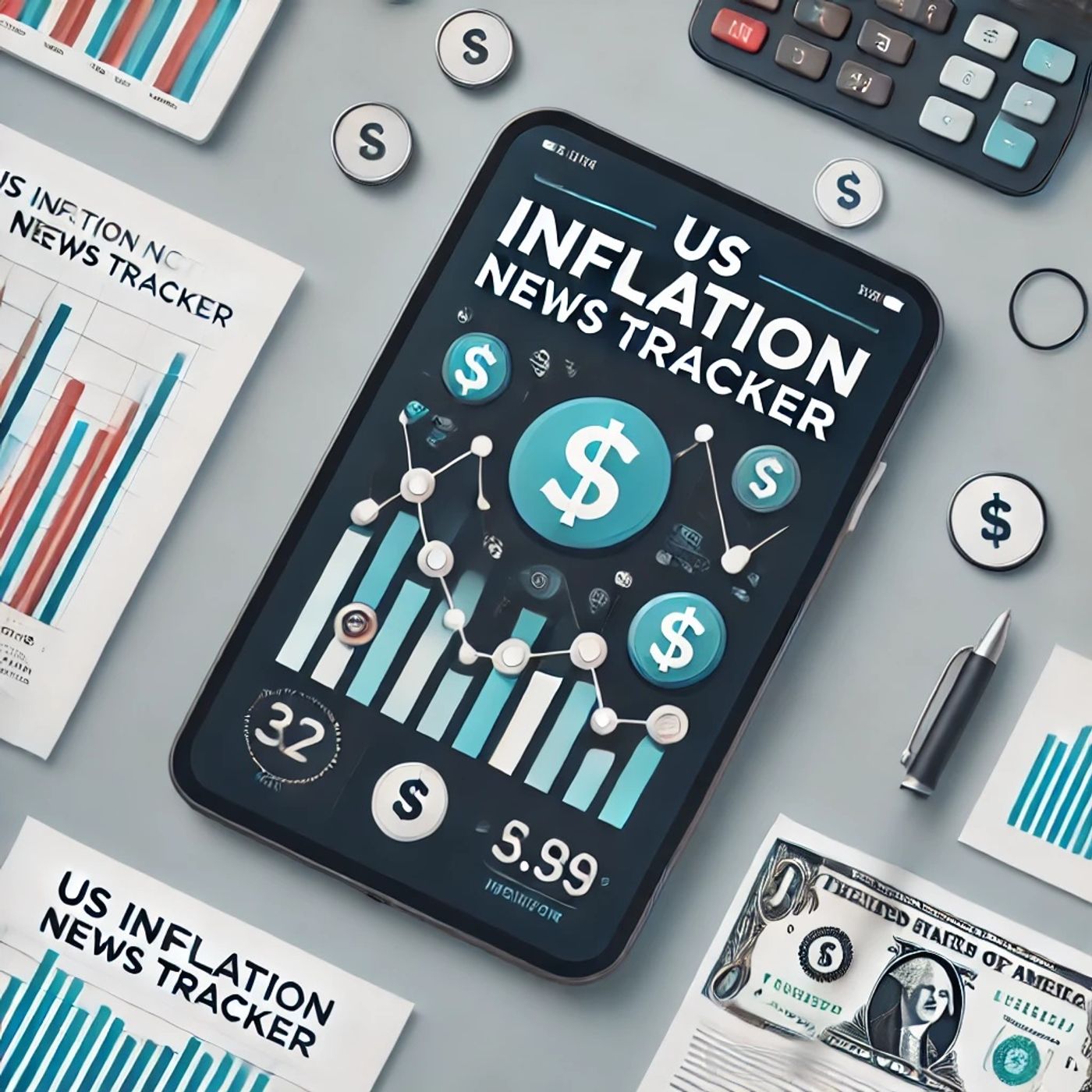"Investors Brace for Pivotal U.S. Inflation Data, Anticipating Market Volatility"
Update: 2025-09-22
Description
Stocks experienced a downturn on Monday as investors anticipated key U.S. inflation data poised to influence market dynamics and inform future Federal Reserve policies. According to AJ Bell investment director Russ Mould, the upcoming U.S. Personal Consumption Expenditures (PCE) inflation report is expected to be a significant market mover.
The PCE inflation data, closely monitored by the Federal Reserve, is a crucial indicator of inflationary trends in the U.S. It reflects changes in the prices of goods and services consumed by individuals and is crucial for shaping monetary policy. Investors are keenly aware that any unexpected changes in the inflation rate could prompt the Fed to adjust its strategy on interest rates, affecting the broader economic outlook. As a result, markets are poised for potential volatility in anticipation of this data.
The backdrop of this market activity includes a period of record-setting gains, which have prompted investors to book profits amid uncertainties about inflation and economic growth. This has created a cautious atmosphere among investors who are also seeking insights into the Federal Reserve's upcoming moves regarding interest rates. Despite visible declines in interest rates, questions remain about their sufficiency in compensating for weaknesses in the labor market.
Economic growth is another focal point of this week’s data, as analysts examine the interplay between growth metrics and inflation pressures. The balance between ensuring sustainable economic expansion and managing inflation is delicate, with labor market performance being a critical component of this equation. Recent trends suggest a discrepancy between slowing growth and persistent inflation, complicating the economic landscape further.
The current climate requires investors to process a complex puzzle of inflation, interest rates, and economic growth. The upcoming PCE report is expected to provide critical insights that could either recalibrate market expectations or reinforce existing trends, depending on the results. As the economic narrative unfolds, the stock market's response will reflect the perceived impact of inflation data on future economic policy and performance.
This content was created in partnership and with the help of Artificial Intelligence AI
The PCE inflation data, closely monitored by the Federal Reserve, is a crucial indicator of inflationary trends in the U.S. It reflects changes in the prices of goods and services consumed by individuals and is crucial for shaping monetary policy. Investors are keenly aware that any unexpected changes in the inflation rate could prompt the Fed to adjust its strategy on interest rates, affecting the broader economic outlook. As a result, markets are poised for potential volatility in anticipation of this data.
The backdrop of this market activity includes a period of record-setting gains, which have prompted investors to book profits amid uncertainties about inflation and economic growth. This has created a cautious atmosphere among investors who are also seeking insights into the Federal Reserve's upcoming moves regarding interest rates. Despite visible declines in interest rates, questions remain about their sufficiency in compensating for weaknesses in the labor market.
Economic growth is another focal point of this week’s data, as analysts examine the interplay between growth metrics and inflation pressures. The balance between ensuring sustainable economic expansion and managing inflation is delicate, with labor market performance being a critical component of this equation. Recent trends suggest a discrepancy between slowing growth and persistent inflation, complicating the economic landscape further.
The current climate requires investors to process a complex puzzle of inflation, interest rates, and economic growth. The upcoming PCE report is expected to provide critical insights that could either recalibrate market expectations or reinforce existing trends, depending on the results. As the economic narrative unfolds, the stock market's response will reflect the perceived impact of inflation data on future economic policy and performance.
This content was created in partnership and with the help of Artificial Intelligence AI
Comments
In Channel





